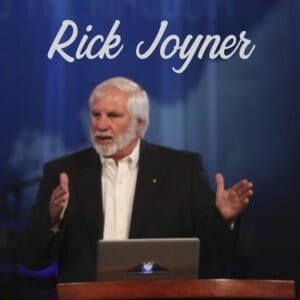Last week we began to look into what life would look like for those who stay on the path of life until the end. This is important because the Lord said it was those who “endured to the end” that would be saved (see Matthew 10:22, 24:13, Mark 13:13). I think one can have a major fall or falls, be restored, and end their walk in faithfulness, and perhaps be even stronger if they found humility.
We must wait and let the Lord be the Judge of this, but I concur that it would be nice, helpful even, to see some of us run well and finish well without falling. This is not likely to happen without staying humble, and with the present record, it may seem that it takes a major fall to lead to the humility necessary for the grace that would keep us. For this we need to fight against pride and to not fall as others have. “Therefore let anyone who thinks that he stands take heed lest he fall” (I Corinthians 10:12).
It seems that the apostle Paul’s great fall took place before his conversion in that he persecuted the church. It does not seem that he had a major fall after his conversion, but what he did before it kept him humble until the end. Given that we don’t know of any other major setbacks Paul suffered, we will use him as an example of one who, after conversion, ran well and finished well. What did that look like to the people of his time? Did he have a great legacy with them? Probably not.
Paul noted in his letter to the Philippians that he prayed to be conformed to the image of the Lord’s death, and it appears he died just as the Lord did. His friends deserted him and scattered, and not one stood with him.
Many of the churches Paul had ministered to had fallen into apostasy, and they rejected him as an apostle over them. On the day of his execution, it seemed to Paul that his suffering and labor for the churches had come to nothing, and perhaps even his whole life had not produced lasting fruit.
Paul had possibly forgotten the letters he had written to these churches long before to help strengthen them in the Lord. To his human eyes, the letters had not worked that well. But Paul had lived his life so focused on the eternal purposes of God, not the temporary purposes of this life, that eternity saturated his words in those letters. They could not be destroyed. To this day, they are likely bearing more eternal fruit for Paul’s account than all of the preachers who have lived since him.
I have known and watched some of the great men of our time fall into the trap of focusing their last years on legacy, and it cost them dearly. It actually seems that the more one focused on this, the more their legacy became negative. When we do that, we quit trying to follow the Lord more closely and start laboring for what is truly self-centered and self-glorifying.
Please pray for me if you see me do this, and warn me with my own words, if needed. Focusing on our own legacy seems a pretty sure way to tarnish it or, worse, to lose our true legacy, which is with the Lord, not men.
Focusing on our legacy is a trap. Don’t do it! Keep your focus on the Lord and receiving the reward of His sacrifice. All we could have done pales in significance; all we may have been was Him doing it through us. Otherwise, we’d be like the donkey the Lord rode into Jerusalem, thinking all of the hallelujahs and praise were for it, rather than the One sitting on it.
So, what’s our reward? It starts with hearing the greatest words from the King Himself on Judgment Day: “Well done good and faithful servant!” This is followed by eternal life with Him in a place far more wonderful than we can conceive. Those are just the starters. In this life we do well not to focus so much on ourselves so as to think of our legacy, which is pretty good evidence that we’ve been too focused on ourselves the whole time. We must keep our focus on Him, be devoted to getting ever closer to Him, and in all things be committed to His legacy.























Comments are closed.